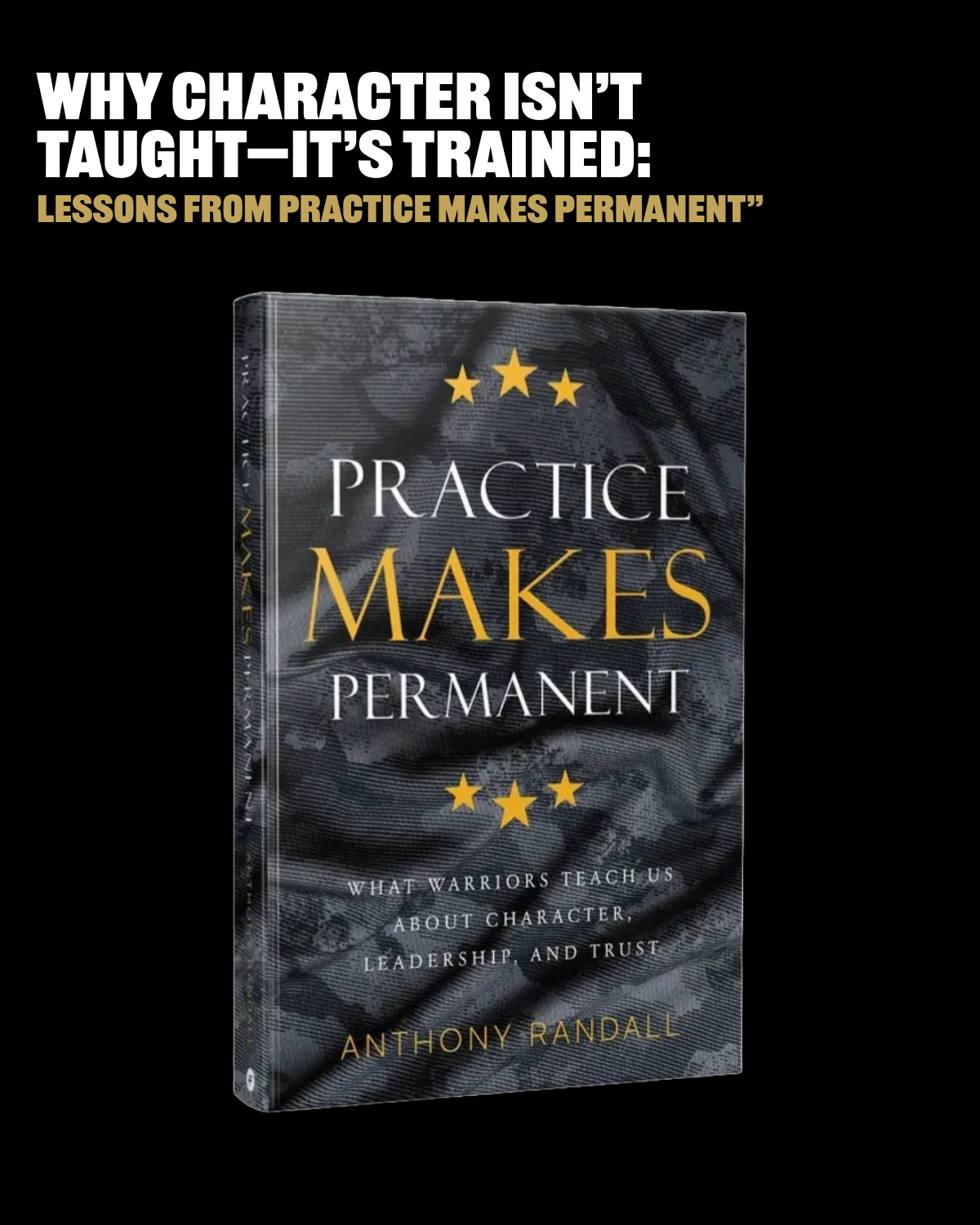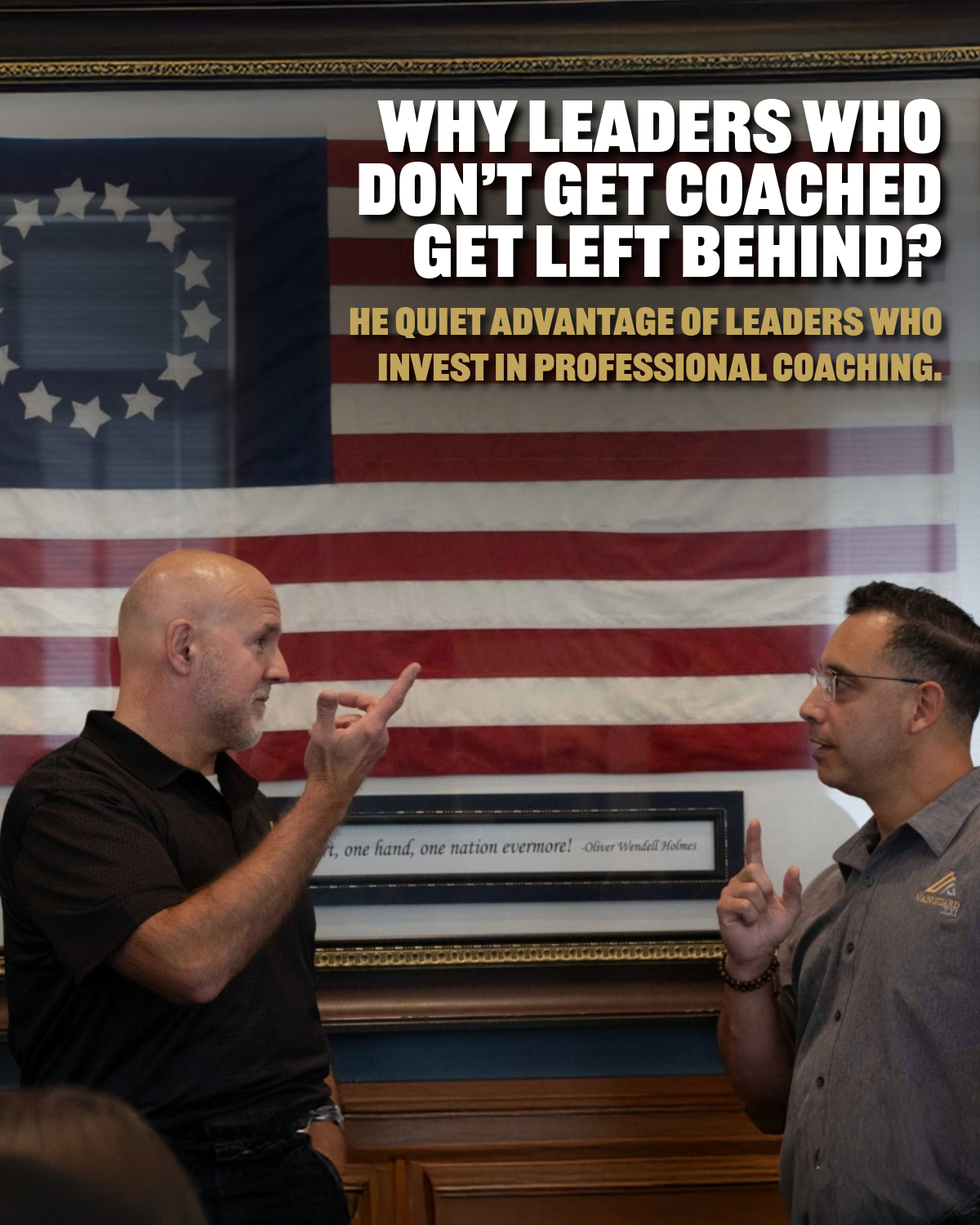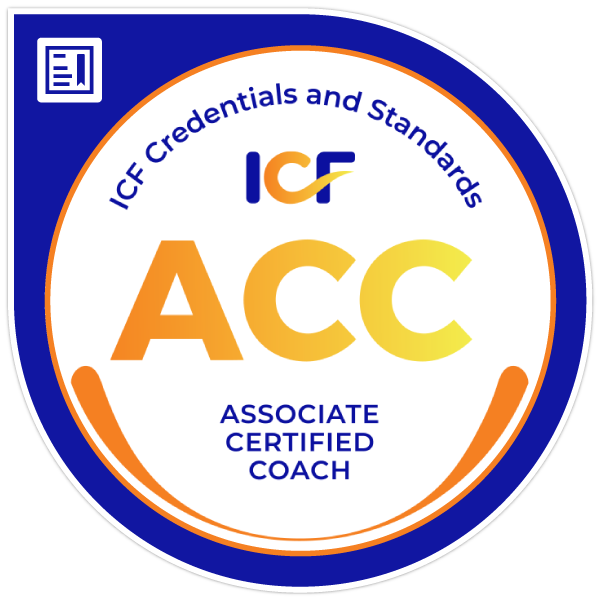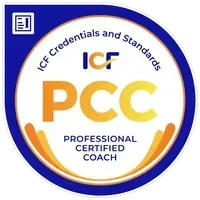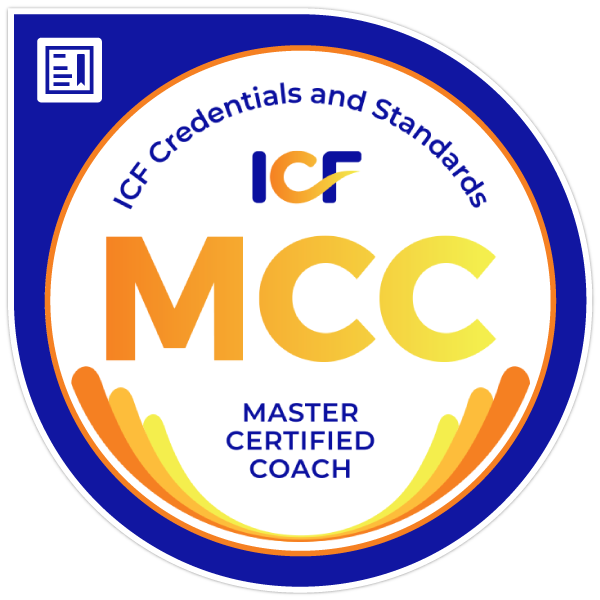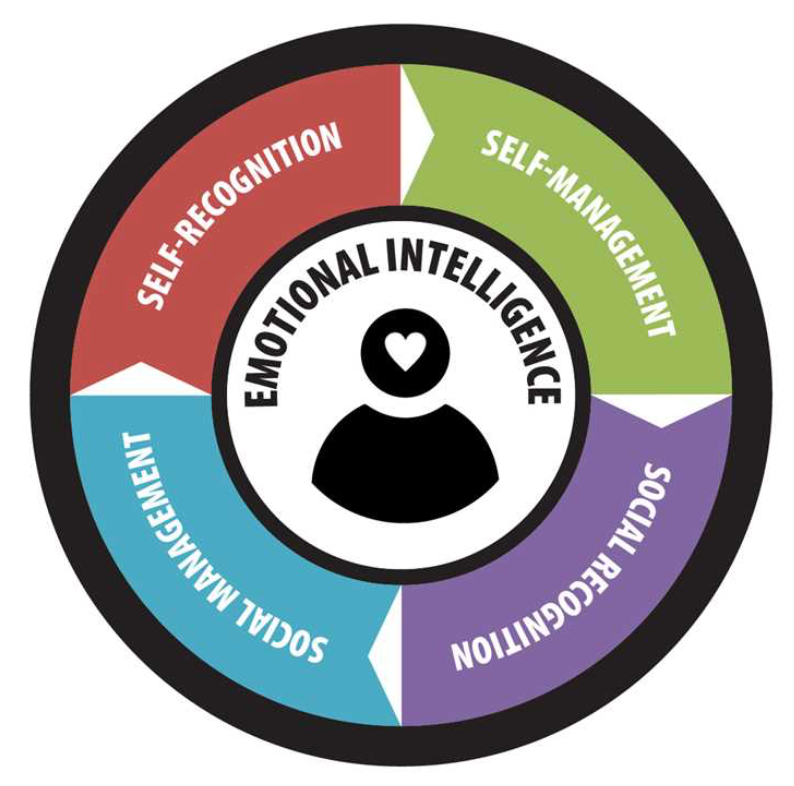Still Doing Trust Falls? It’s Time to Redefine Your Leadership Offsite — With Vanguard XXI
Let’s be honest:
If your leadership offsite still includes trust falls, escape rooms, or campfire storytelling — you’re wasting your most valuable asset: executive attention.
In a world where leadership demands clarity, adaptability, and alignment, team-building is good, but isn’t enough. It’s time to trade performative bonding for purpose-driven transformation.
At Vanguard XXI, we design leadership offsites that don’t just bring teams together — they change everything.
A Vanguard XXI Offsite: Where Leadership Gets Real
Traditional offsites may offer a temporary morale boost. But if you want lasting impact, you need more than motivation — you need methodology.
That’s where our approach comes in. Here’s what sets us apart:
1. Transformational Leadership Growth
We go beyond traditional training by using David Kolb’s Experiential Learning Cycle to ensure leaders learn by doing — and reflecting.
Leaders don’t just gain insights; they experience a shift in how they think, relate, and lead. This holistic method integrates real-time feedback, structured learning loops, and personal accountability — all in the context of your organization’s real challenges.
✅ Outcome: Sustainable growth anchored in self-awareness, action, and real-world learning.
2. Moral & Ethical Decision-Making + Character Development
In today’s climate, leadership isn’t just strategic — it’s moral. We help leaders explore how their values, biases, and ethical frameworks shape their decisions.
Using real-world dilemmas, guided reflection, and peer dialogue, leaders develop the character and clarity to navigate complex challenges with integrity and courage.
✅ Outcome: Leaders who make high-stakes decisions grounded in ethics, not ego.
3. Emotional Intelligence Development
Trust. Empathy. Composure. Influence.
These aren’t soft skills — they’re leadership differentiators.
We help leaders expand their emotional range, elevate their relational agility, and coach others with presence and precision. Vanguard XXI’s certified coaches use proven tools to build EQ capacity — fast.
✅ Outcome: Leaders who act as trusted advisors — not just decision-makers.
4. Leading and Coaching for High-Performance Teams
Most teams don’t suffer from lack of talent — they suffer from lack of alignment and trust.
Our offsites equip leaders with coaching strategies to unlock psychological safety, fuel collaboration, and create shared ownership. We don’t just talk team performance — we engineer it in the room.
✅ Outcome: Teams that leave with clarity, commitment, and a roadmap to win together.
At Vanguard XXI, we want to transform offsites into launchpads for strategic clarity, team alignment, and personal growth. This isn’t just team-building exercises or roundtable discussions. It’s real-time growth in action. We create environments where leaders stop performing and start co-creating.
No posturing. No politics. Just powerful dialogue, mutual goals, and actionable steps that are rooted in mutual accountability. This produces real outcomes and not just “great energry.” When this happens, everything changes.
Every Vanguard XXI offsite ends with:
• Clear individual commitments
• Strategic next steps
• Shared leadership agreements that stick
Our follow-through coaching ensures offsite momentum turns into measurable results — across culture, execution, and impact.
Let’s Be Clear: This Isn’t an Offsite. It’s an Inflection Point.
If your team is stuck, fragmented, or just coasting — a Vanguard XXI leadership offsite can reset the system.
We don’t do retreats. We architect turning points.
Leadership isn’t built by falling backward into someone’s arms. It’s built by stepping forward into clarity, trust, and courageous collaboration.
Let’s design an offsite that doesn’t just feel different — it delivers different.
Ready to reimagine your leadership experience?
Connect with us at vanguardxxi.com or send a message to start a conversation.
